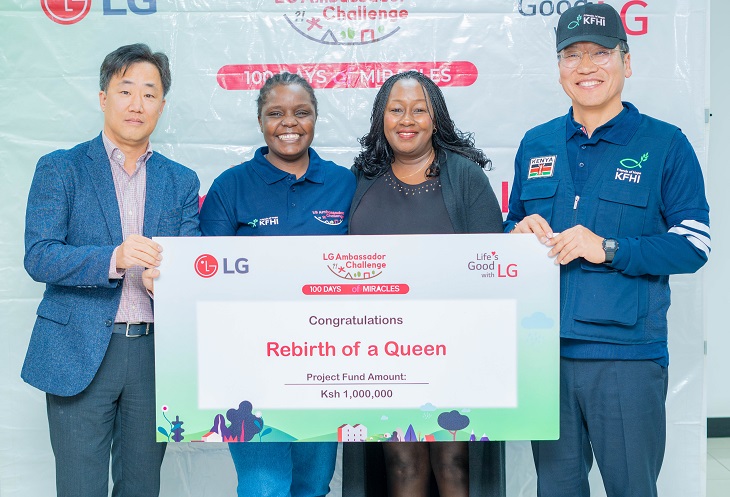As organizations worldwide navigate the next wave of workplace transformation, Microsoft’s fifth annual Work Trend Index (WTI) Report uncovers the emergence of a new kind of enterprise: the Frontier Firm. These businesses operate with intelligence on demand, leveraging hybrid human-agent teams to maximize efficiency and innovation.
Conducted in partnership with LinkedIn, the report, titled “2025: The Year the Frontier Firm Is Born“, examines insights from 31,000 professionals across 31 countries, alongside LinkedIn Economic Graph data and trillions of aggregated signals from e-mails, meetings, and chats within Microsoft 365.
The report found that AI has fundamentally altered the equation of workforce capacity. Intelligence is no longer restricted by headcount or expertise, and is now abundant, affordable, and scalable. As economic pressures mount, organizations must harness AI’s potential to bridge the widening capacity gap between business demands and human limitations. Business leaders are increasingly turning to digital labour to enhance workforce capabilities, with 82% expecting to leverage AI-driven solutions within the next 12 to 18 months.
Kenya is ranked 6th in Africa for AI readiness, according to the 2024 Oxford Insights AI Readiness Index, with AI adoption growing in sectors such as agriculture, healthcare, education, and public service delivery. The Kenyan government has developed its first national AI and emerging technology strategy, envisioning the country as the leading AI hub for model innovation, driving sustainable development, economic growth, and social inclusion while positioning itself as an AI research and application leader in Africa.
The Work Trends Index found that AI skilling and digital labour are top workforce strategies. “The shift is multifaceted. Every industry and role will evolve differently as the technology diffuses across business and society. Just as the internet era created billions of new knowledge jobs, the AI era is already giving rise to new roles, with many more to come,” says Phyllis Migwi, Country Manager, Microsoft Kenya.
The survey found that 78% of leaders are considering hiring for AI-specific roles to prepare for the future – and that jumps to 95% for Frontier Firms. Top roles under consideration include AI trainers, data specialists, security specialists, AI agent specialists, ROI analysts, and AI strategists in marketing, finance, customer support, and consulting. And nearly half of leaders (47%) say that upskilling their existing workforce is a top priority in the next 12–18 months.
The report also noted that businesses are shifting from traditional hierarchical structures to more dynamic, outcome-driven work charts, where human-agent teams collaborate fluidly to achieve results at scale. Workers at Frontier Firms are far more likely than non-frontier workers to use AI for tasks related to marketing, customer success, internal comms, and data science.
Lastly, this year’s edition of the report spotlighted how more professionals are embracing AI agents as part of their roles, shifting towards a model where employees become agent bosses – individuals who build, delegate to, and manage AI tools to enhance productivity. Leaders anticipate that within five years, teams will be regularly training and managing AI agents as part of their responsibilities. However, a gap in AI adoption remains, as 67% of leaders report familiarity with AI agents, compared to only 40% of employees. Furthermore, 79% of leaders believe AI will accelerate their careers, yet only 67% of employees share that optimism, highlighting an urgent need for AI education and upskilling.
“The findings of this year’s Work Trend Index make it clear that businesses must rethink how they harness AI to unlock their full potential. The rise of Frontier Firms demonstrates that leaders who strategically integrate AI-driven intelligence and empower human-agent teams will stay ahead in today’s competitive landscape,” says Migwi.
Related Content: Microsoft To Leverage AI To Fast-Track Growth Of Start-Ups In Africa













